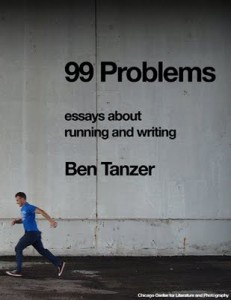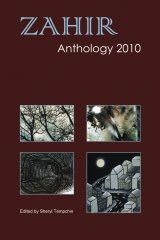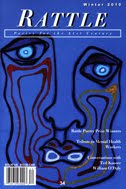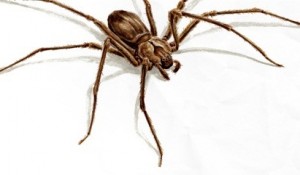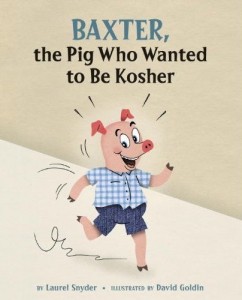 Dear Friends,
Dear Friends,
If you are reading this, you are probably a friend of Dean Young and/or a friend of poetry. And you may have heard that our friend is in a precarious position. Dean needs a heart transplant now. He also needs your assistance now.
Over the past 10 or 15 years, Dean has lived with a degenerative heart condition–congestive heart failure due to idiopathic hypotropic cardiomyopathy. After periods of more-or-less remission, in which his heart was stabilized and improved with the help of medications, the function of his heart has worsened. Now, radically.
For the last two years he has had periods in which he cannot walk a block without resting. Medications which once worked have lost their efficacy. He is in and out of the hospital, unable to breathe without discomfort, etc. Currently, Dean’s heart is pumping at an estimated 8% of normal volume.
In the past, doctors have been impressed with his ability to function in this condition. But now things are getting quickly worse. Dean has been placed on the transplant list at Seton Medical Center Austin, and has just been upgraded to a very critical category. He’s got to get a heart soon, or go to intermediate drastic measures like a mechanical external pump.
Whatever the scenario, the financial expenses, both direct and collateral, will be massive. Yes, he has sound health insurance, but even so, he will have enormous bills not covered by insurance–which is where you can help, with your financial support.
If you know Dean, you know that his non-anatomical heart, though hardly normal, is not malfunctioning, but great in scope, affectionate and loyal. And you know that his poetry is what the Elizabethans would have called “one of the ornaments of our era”–hilarious, heartbreaking, courageous, brilliant and already a part of the American canon.
His 10-plus books, his long career of passionate and brilliant teaching, most recently as William Livingston Chair of Poetry at the University of Texas at Austin; his instruction and mentorship of hundreds of younger poets; his many friendships; his high, reckless and uncompromised vision of what art is: all these are reasons for us to gather together now in his defense and support.
Joe Di Prisco, one of Dean’s oldest friends, is chairing a fundraising campaign conducted through the National Foundation for Transplants (NFT). NFT is a nonprofit organization that has been assisting transplant patients with advocacy and fundraising support since 1983.
If you have any questions about NFT, feel free to contact the staff at 800-489-3863. You may also contact Joe personally at [email protected].
On behalf of Dean, myself, and the principle of all our friendships in art, I ask you to give all you can. Thanks, my friends.
Yours,
Tony Hoagland
You can help.
To make a donation to NFT in honor of Dean, click here. If you’d prefer to send your gift by mail, please send it to the NFT Texas Heart Fund, 5350 Poplar Avenue, Suite 430, Memphis, TN 38119. Please be sure to write “in honor of Dean Young” on the memo line.
Thank you for your generosity!
Patient Health Institute: Seton Medical Center


